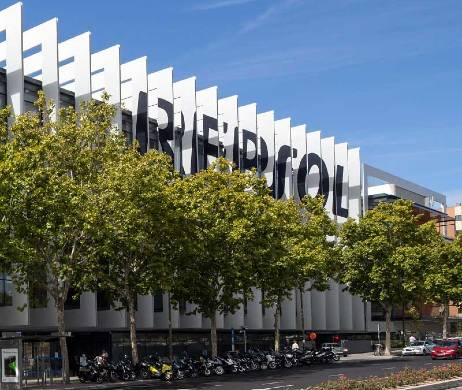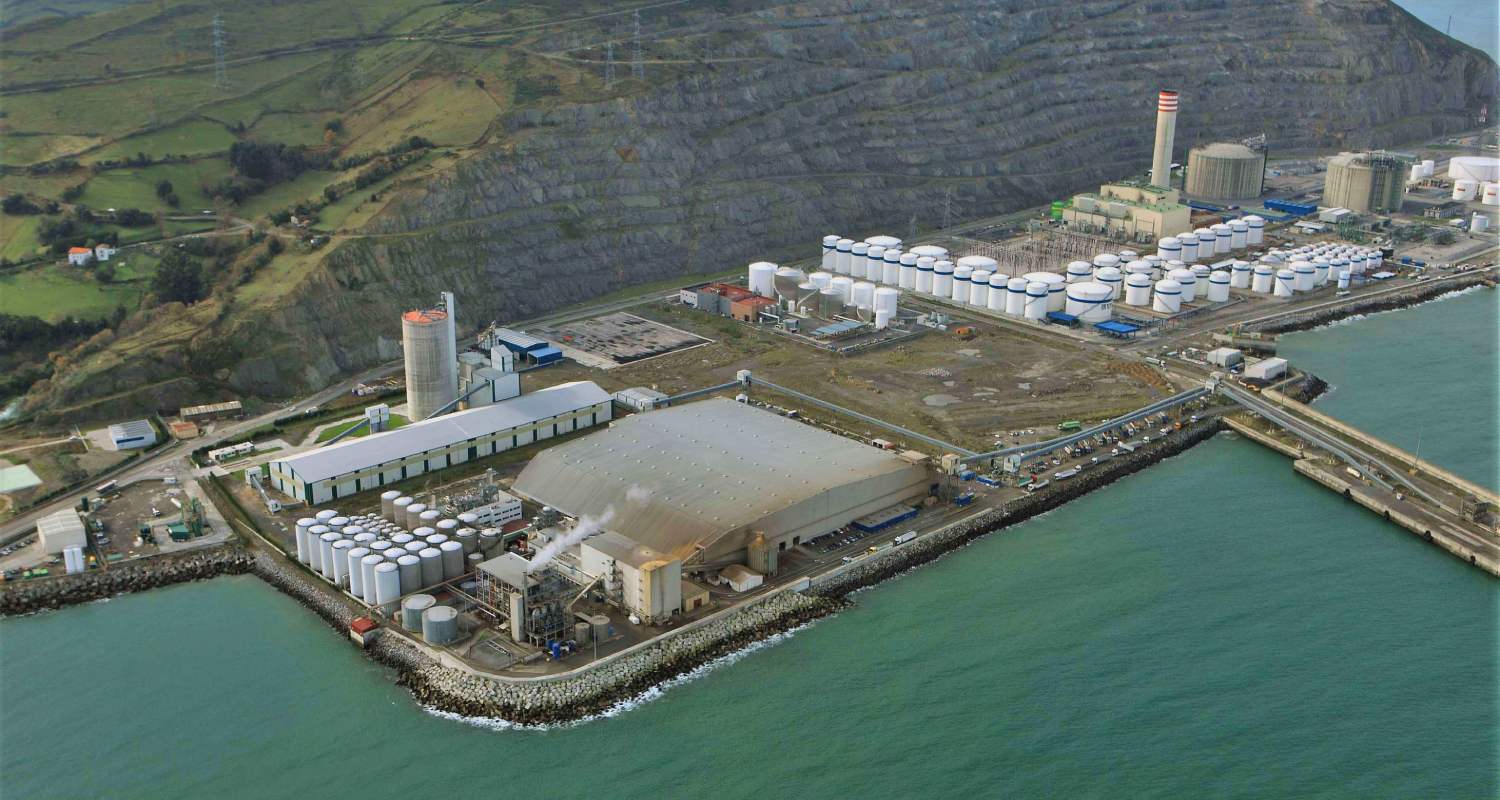Repsol posts net income of €366 million in the first quarter
Repsol posted net income of €366 million in the first quarter of the year, 62.2% lower than in the same period last year.
Press Release
30 April 2025




















